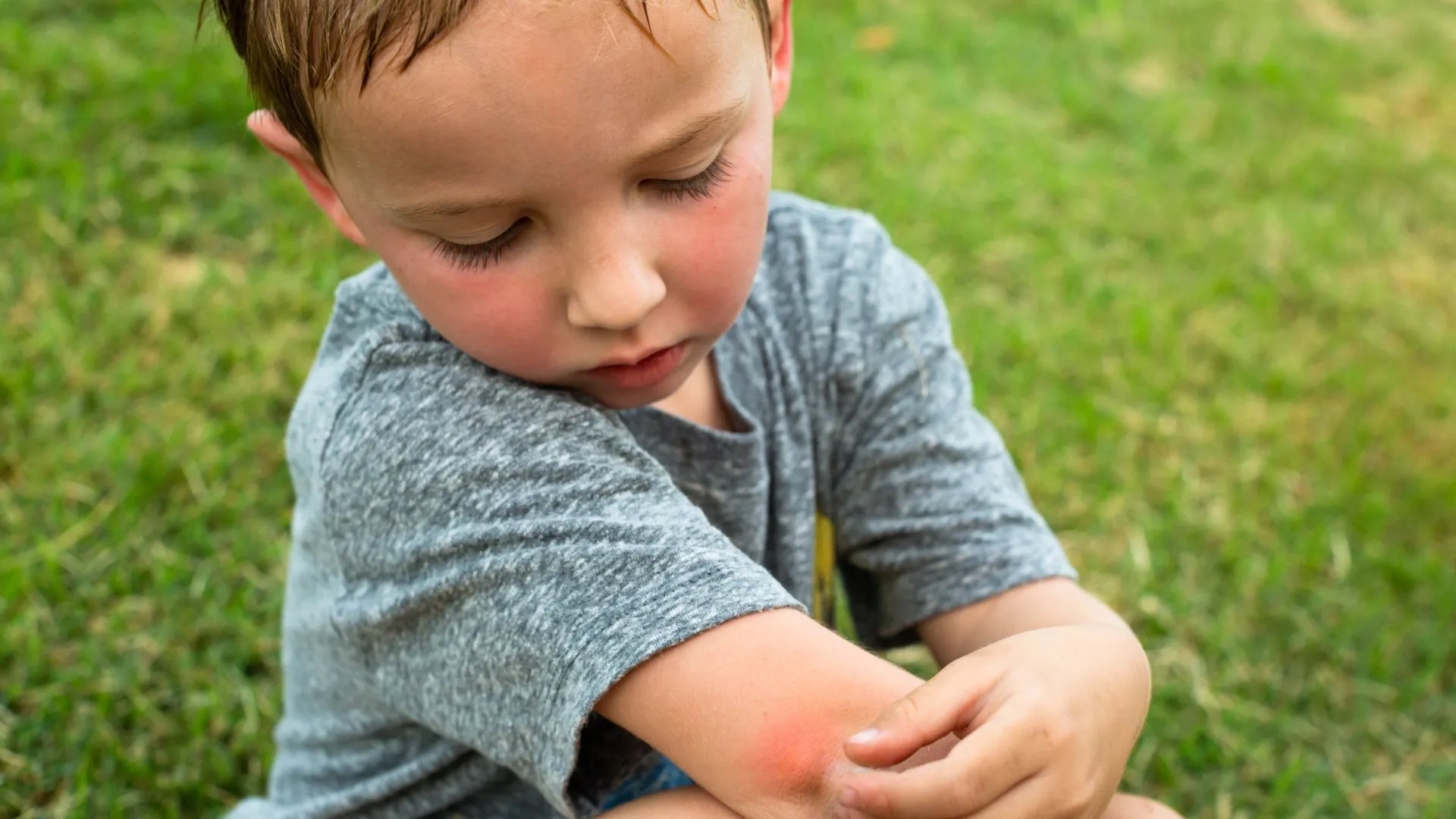Can a Mosquito Spread Diseases? Everything You Need to Know


Mosquitoes are not just annoying insects that leave itchy bites. They are also capable of transmitting serious diseases to humans. In this blog post, we will explore the different diseases that can be transmitted by mosquitoes and provide important information about how to protect yourself and your family.
Mosquitoes are known to transmit a variety of diseases, some of which can be deadly. Here are the most common mosquito-borne diseases:
Malaria is a life-threatening disease caused by parasites that are transmitted to humans through the bites of infected mosquitoes. It is prevalent in tropical and subtropical regions, with millions of cases reported every year.
West Nile virus is a viral infection that is primarily spread by mosquitoes. Most people infected with West Nile virus do not experience any symptoms, but it can cause severe illness and even death in some cases.
Dengue is a viral infection that is transmitted by mosquitoes. It causes flu-like symptoms and can develop into a severe form called dengue hemorrhagic fever, which can be fatal.
Zika virus is primarily transmitted to humans through the bites of infected mosquitoes. In most cases, Zika infection causes mild symptoms, but it can lead to severe birth defects in babies born to infected mothers.
Yellow fever is a viral infection that is transmitted by mosquitoes. It can cause severe illness and even death, particularly in unvaccinated individuals.
Chikungunya is a viral infection that is transmitted by mosquitoes. It causes fever and joint pain, and the symptoms can be debilitating.
A mosquito bites an infected person or animal, ingesting disease-causing pathogens along with the blood.
Inside the mosquito, the pathogens go through a development process, essentially becoming unwelcome passengers.
When the infected mosquito bites another person, it injects its saliva, unknowingly delivering the pathogens into the bloodstream.
After the bite, there might be a delay before symptoms appear as the pathogens establish themselves and multiply within the new host.
Preventing mosquito bites is crucial in protecting yourself and your family from mosquito-borne diseases. Here are some effective measures you can take:
Using mosquito repellents can help prevent mosquito bites. Phool offers DEET-free mosquito repellent body spray and room spray made with natural herbs such as Neem, Tulsi, Cedarwood & Citronella. These products are effective in masking human scent while providing a pleasant fragrance.
Wearing long-sleeved shirts, long pants, and socks can help reduce the exposed skin that mosquitoes can bite.
Mosquitoes are most active during dawn and dusk. Avoiding outdoor activities during these times can significantly reduce your risk of mosquito bites.
Mosquitoes breed in standing water. By eliminating standing water around your home, such as in flower pots, birdbaths, and gutters, you can reduce the mosquito population.
Mosquitoes are not just a nuisance; they can also spread serious diseases. Understanding the diseases that can be transmitted by mosquitoes and taking preventive measures is essential for protecting yourself and your family. By using natural mosquito repellents, wearing protective clothing, and eliminating mosquito breeding sites, you can significantly reduce your risk of mosquito-borne diseases.